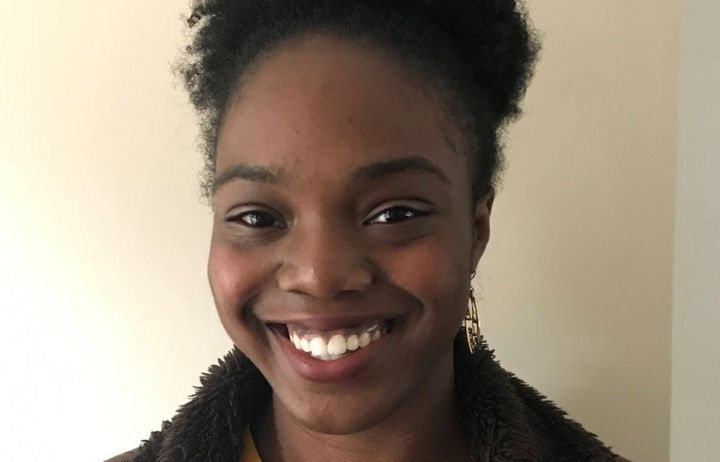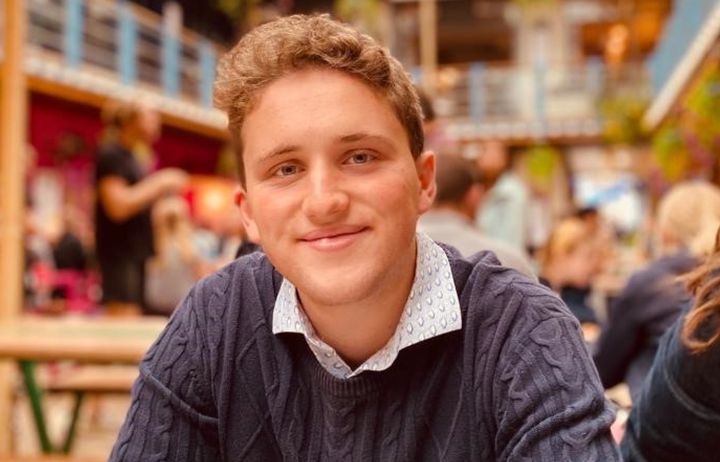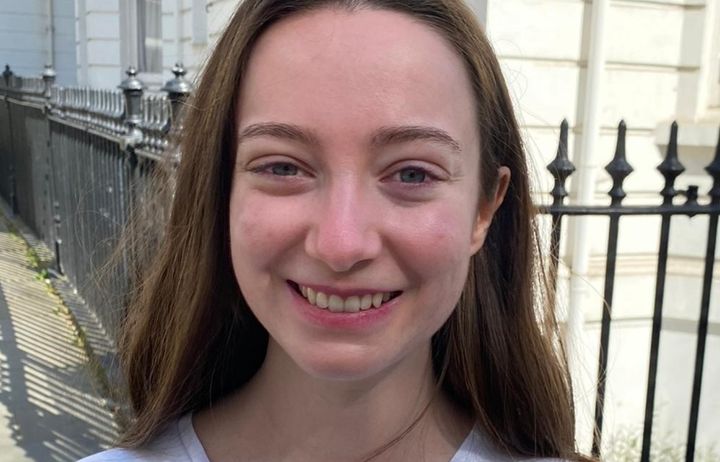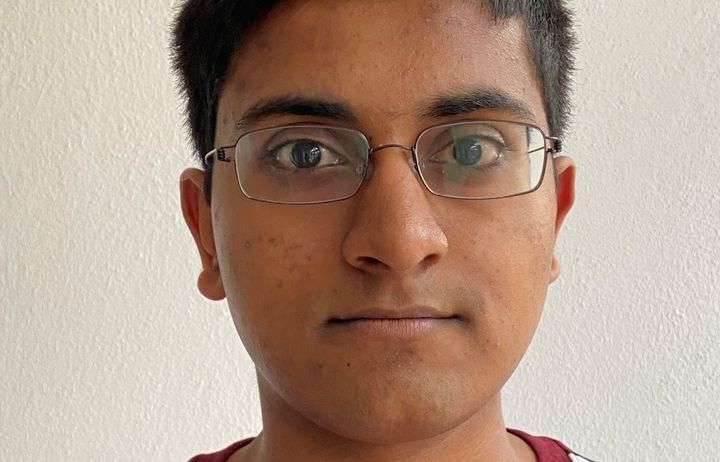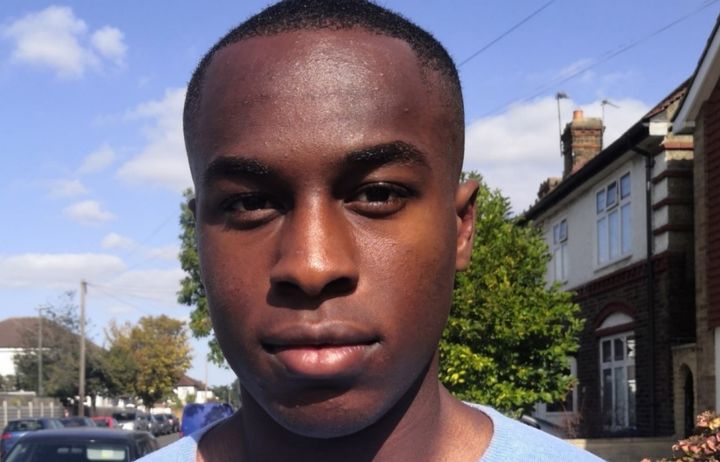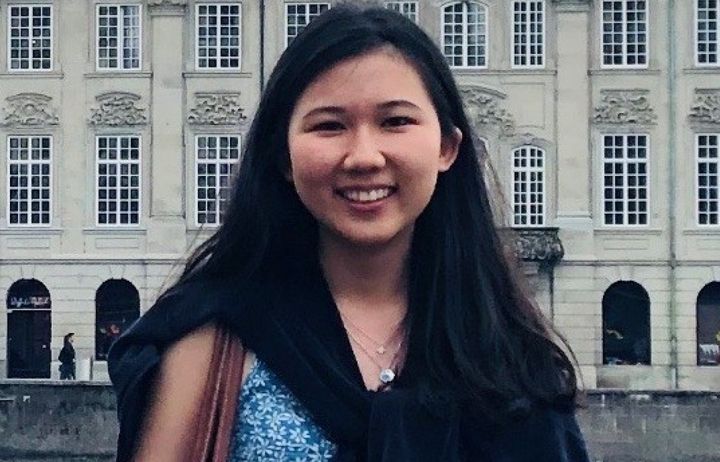Viraj Patel
 Nationality: British
Nationality: British
Degree Programme: MSci Physics with Theoretical Physics
Year of Programme: Year 2
What A-levels did you take? Maths, Further Maths, Physics, Computer Science, Chemistry
Studying physics
Tell us where your passion for physics started
My passion for physics started in high school during my GCSEs, as it was science that I enjoyed the most and did the best in. Upon entering sixth form, my physics teacher would take time out to go through derivations and proofs outside of our specification to help our understanding. I was drawn to how all aspects of the subject were linked in some way, and I was curious to learn more.
Why did you decide to study physics at Imperial?
Before applying, I knew that Imperial had done a lot of work in Quantum Gravity, a topic that interested me the most in physics. Upon attending the open day, I found that the course allowed a larger variety of elective modules than some of the other universities that I was considering. Additionally, we get the freedom to choose up to one module from another department in later years.
What aspects of the programme do you enjoy the most?
I enjoy programming and using computing to simulate and solve physical problems. I also like seminars because they give me a chance to work in a less formal environment, very similar to lessons in school. The group projects are also a lot of fun and allow you to explore new areas of physics.
Which has been your favourite module so far and why?
My favourite module so far is Vector Fields, Electricity and Magnetism from Year 1 (although Year 2 Quantum Physics is a close second). Vector calculus is a very complicated and important topic but was taught so well and so clearly last year that it was easily my favourite lecture course. I also found it satisfying to learn how electricity and magnetism link together and where the infamous Maxwell’s equations came from.
What has been the most challenging part of the programme so far?
The most challenging part is probably labs. I’ve never been fond of, or good at, experiments and the thought of writing lab reports seemed daunting when I first got here. However, Imperial gave us a trial period where our first experiment and lab report didn’t count so that we could get experience and feedback.
Is there anything about the Department of Physics, or your programme, that has surprised or impressed you?
Before coming here, I thought I was expected to understand everything from A Level and that we would jump straight into new content. I was surprised that some of the harder concepts in A Level are retaught here with greater detail and more rigour.
How would you describe the physics community at Imperial?
The physics community is very supportive and hardworking. There is always someone to help you, whether you’re stuck on a question in a problem sheet or can’t fix an error in a programme. Thanks to PhySoc (the Physics Society), there have been some memorable events and opportunities to explore the Department. Physicists have a stereotype of being antisocial and boring, but we’d beat the Chemistry Department at a pub crawl any day!
What clubs, societies or other activities are you involved in at Imperial?
I am a member of the cricket club and train with the second team every week. I also attend the Krav Maga Society practise sessions on weekends. Some of my course friends have formed a band so I run their social media accounts and promote them.
Career
What are your future career goals and how has Imperial helped you realise them?
I am still deciding between a career in technology or a career in research, but Imperial has helped me realise that, if I were to go into research, I should pursue Quantum Computing. PhySoc have held quantum computing lectures this year which gave me an insight into the different areas of Quantum Computing I can research in.
What advice would you give to someone thinking about applying for your programme?
My advice would be to prepare for a heavy workload. Unfortunately, this is the only thing no one else can help you with here. I would also advise them to focus more on the mathematical content than physics because all of the physics will be retaught with more rigour, but the maths will be expected knowledge. Aside from the course, it doesn’t matter where you’ve come from or what school you went to, you can still make it here and do well. My school didn’t perform very well, and I faced quite a few setbacks during my A Levels. My biggest worry was that I wouldn’t know as much as the rest of my year group. Luckily, this course has a lot of teamwork aspects, so you are encouraged to help each other out.
Before you go…
How do you find living in London?
I’m from Greater London so I’m used to how busy London is. However, it’s a great change of pace studying in the city, with museums, bars and restaurants nearby. There is always something to do after uni besides pulling an all-nighter in the library.
When you’re not studying, what do you enjoy doing?
I play football with my friends and I go to the gym to release the stress. Unfortunately, London weather doesn’t always allow for this, so I also read, draw, play music, and who doesn’t love a good Netflix-binge?
Who inspires you, inside or outside of Imperial, and why?
My mum inspires me. She’s had a tough life, but she’s an even tougher person. Everyday I’m reminded of her resilience and determination. When I’m faced with an issue, I remember that she’s been through worse and that motivates me to move forward. At a place like Imperial, you are surrounded by intelligent people, which can cause you to compare yourself to others. It’s at times like this where I remember my mum telling me that it doesn’t matter what you achieve, as long as you’ve put in all of your effort to achieve it.
Is there anything else you’d like to share?
There is plenty to do at Imperial and in the Physics Department. PhySoc has arranged many events and talks which has helped the Department become a community. This is not your average university and physics is an unusual and intriguing subject so it’s almost as if they go hand-in-hand.



